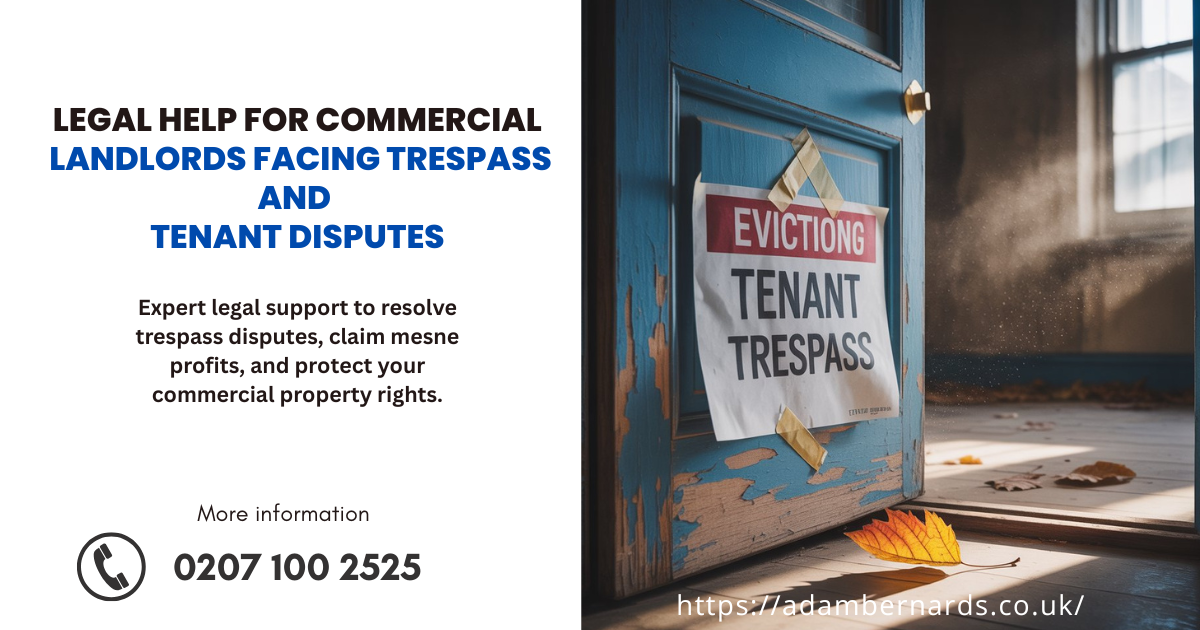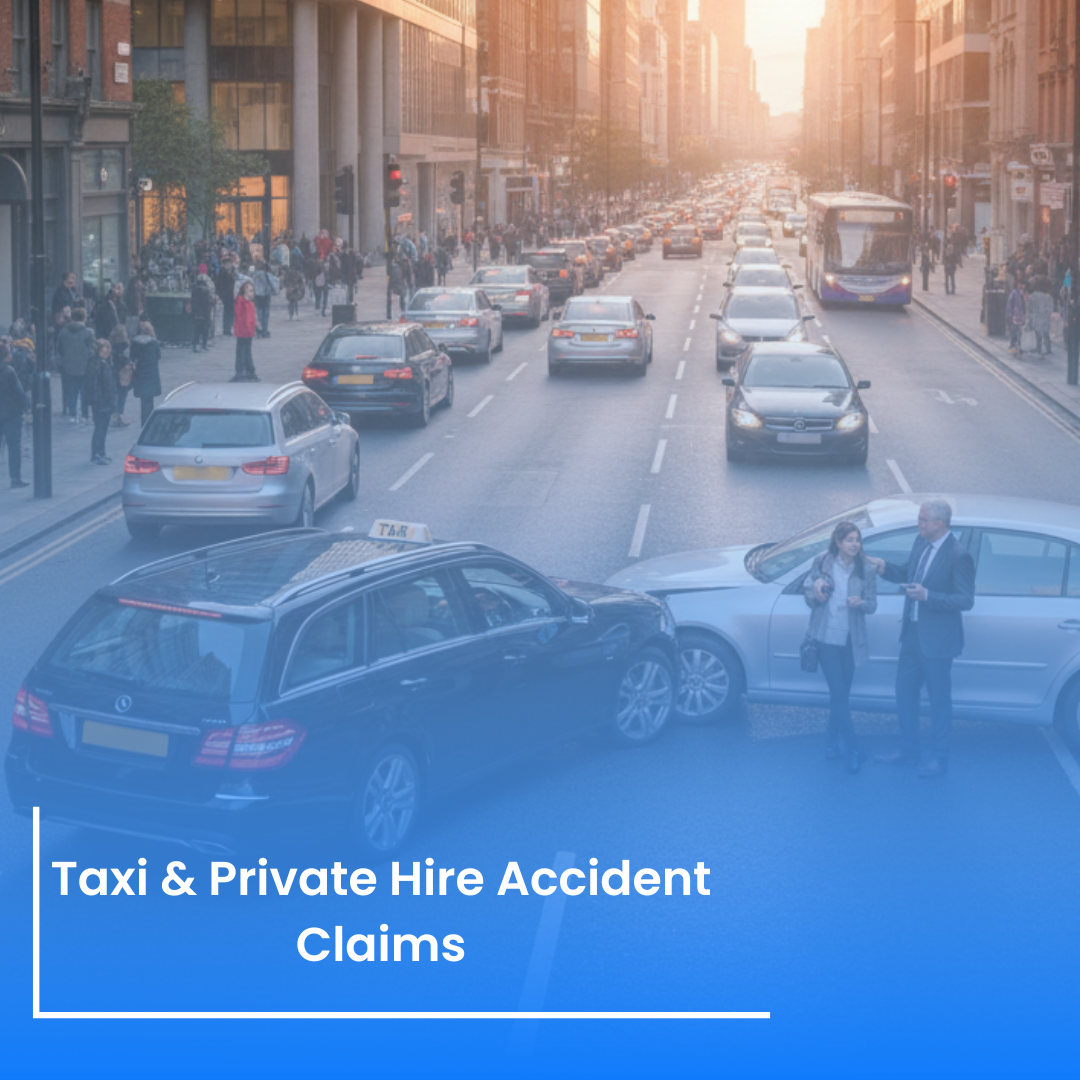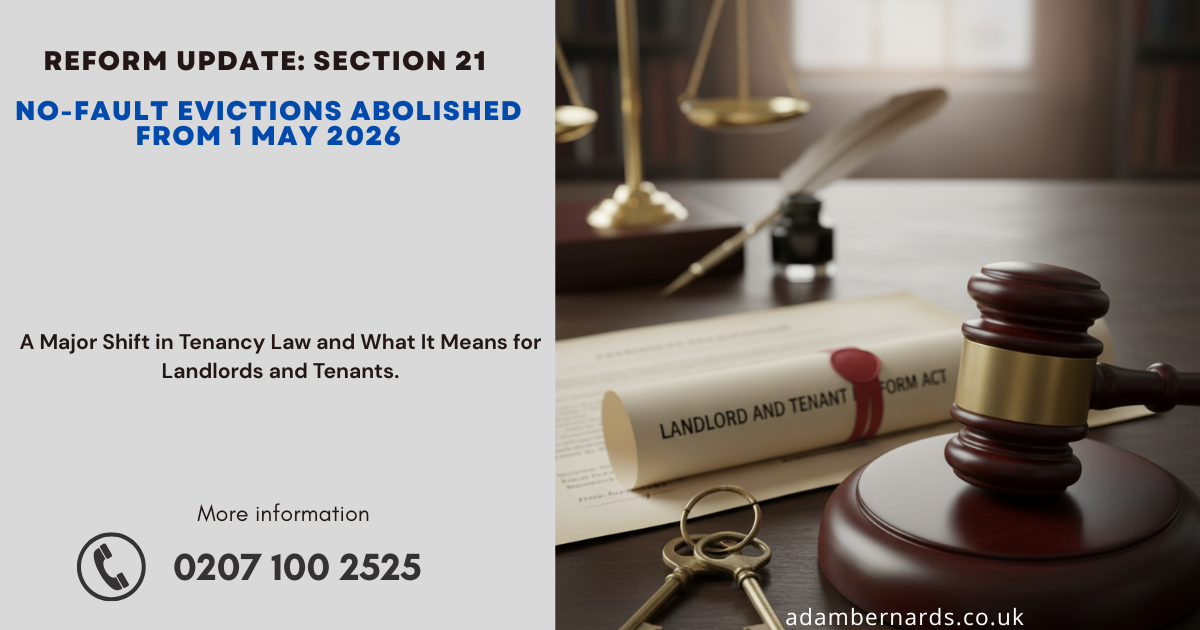What to Do If a Commercial Tenant Refuses to Leave After Lease Ends in the UK
If you own a commercial property, you might often wonder what to do if a tenant doesn’t leave when their lease ends. What happens if a tenant damages property without permission or goes on land next door? Are you, as the landlord, in charge of what they do? And is there a way to get your money back, like mesne profits?
These are important questions, but they can be hard to answer. We at Adam Bernard Solicitors help business landlords with these kinds of issues all the time. Below, we break down your legal situation in simple terms and help you figure out when you’re in danger and when you can get money.
What Is Tenant Trespass?
Tenant trespass is when a tenant stays on your property after their lease has ended and you haven’t given them permission. People often call this “holding over.” From then on, they are not allowed to be on the property. In some cases, tenants also go beyond the property they rented or use areas they aren’t allowed to.
What Is Mesne Profits?
Mesne profits are the money a landlord can get from a tenant who is living in a property without permission. Most of the time, this amount is based on how much the property would rent for on the open market during the time it was illegally occupied.
Important Point: Mesne profits are not a fine. They are meant to pay you, the landlord, for not being able to use your property.
When Can a Landlord Claim Mesne Profits?
In most cases, you can claim mesne profits if
- The tenant stays even though the lease has ended and there is no new agreement.
- The lease was ended (for example, by forfeiture or expiration), but the tenant hasn’t left yet.
- The tenant isn’t paying rent or won’t talk to you.
- This is a common problem for landlords who lose money and feel stuck. We can help you file a legal claim for mesne profits based on the fair rental value.
Can landlords be held responsible for trespassing?
Yes, but it depends on what is going on. In these situations, you as a landlord could be held responsible for trespassing:
- You break the law by going into the tenant’s home without their permission or a court order.
- You try to forcibly kick a tenant out without following the right legal steps.
- You let a new tenant move in before the old one has moved out.
This could end up costing a lot of money. Damages for a landlord entering a property without permission can be large and can also hurt the landlord’s reputation.
Can a Landlord Be Liable for Their Tenant’s Trespass?
A lot of commercial landlords worry about this. In most cases, you are not responsible for your tenant’s trespass unless you gave them permission or told them to do it.
- You knew about it and didn’t do anything.
- You still have some control over the property, like shared spaces or land next to it.
- As the property owner, you could still be sued if a tenant uses another unit or part of the building without permission.
Common Pain Points for Commercial Landlords
Every day at Adam Bernard Solicitors, we hear from landlords who are having problems like:
- Tenants who won’t leave after their lease ends
- Loss of income because of illegal occupancy
- Not wanting to do anything because you’re not sure what the law says
- Fears of being sued for trespassing or bothering someone
- Tenants hurting other parts of the property
You’re not the only one who thinks this sounds familiar. We give you practical, quick, and legal advice to help you move forward with confidence.
Practical Tips for Landlords
- Serve clear notice when leases are ending to avoid holdover confusion.
- Never enter without consent or a court order—always follow the legal eviction process.
- Keep records of tenant communications, payments, and lease terms.
- Use well-drafted leases that clearly state rights, responsibilities, and consequences.
- Seek legal advice early—delays can cost you time and money.
Why Work With Adam Bernard Solicitors?
We are a leading property and commercial law firm experienced in landlord-tenant disputes. We:
- Help you assess liability risks and opportunities.
- Draft strong notices and claims.
- Represent you in possession and mesne profits claims.
- Advise on lease terms to avoid future disputes.
With years of experience, our team ensures landlords stay compliant, protected, and in control of their properties. We understand your business priorities and tailor our advice to your needs.
Let Us Help You
If you’re facing trespass issues—whether your tenant is overstaying or you’re unsure about your legal rights—contact Adam Bernard Solicitors today. We’ll guide you through your options and protect your property rights from start to finish.
Call us now for a no-obligation consultation. Let’s resolve your landlord-tenant issue the right way.
















